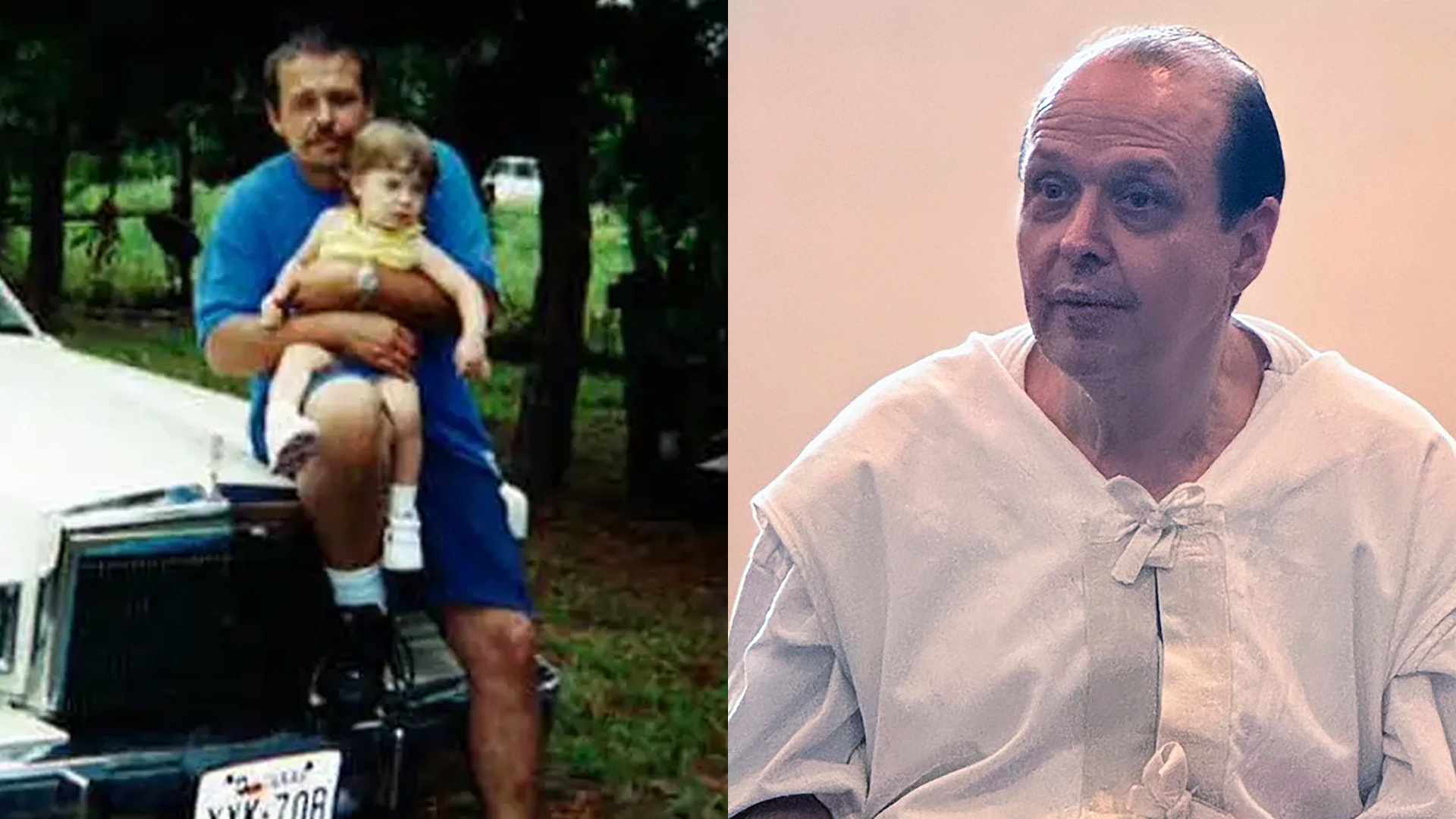AUSTIN, Texas — Texas death row inmate Robert Roberson is expected to appear in-person for testimony at the state Capitol on Monday after an unusual legal intervention by state lawmakers delayed his Thursday execution.
The Texas House Committee on Criminal Jurisprudence issued an unprecedented subpoena to Roberson on Wednesday, less than 24 hours before he was set to die, in a desperate move to buy him more time.
Lawmakers asked the courts on Thursday to stop Roberson’s execution so that he could appear for testimony before the committee on Monday. In a historic order, the Texas Supreme Court issued a stay late Thursday, hours after Roberson was set to be executed.
“For over 20 years, Robert Roberson has spent 23.5 hours of every single day in solitary confinement in a cell no bigger than the closets of most Texans, longing and striving to be heard," state Reps. Joe Moody, D-El Paso, and Jeff Leach, R-Plano, said in a statement after the high court’s order came down. “We look forward to welcoming Robert to the Texas Capitol, and along with 31 million Texans, finally giving him — and the truth — a chance to be heard.”
Roberson’s attorneys confirmed Friday that he was expected to appear for testimony in person next week. That means the Texas Department of Criminal Justice will have to securely transport Roberson the more than 200 miles from death row in Livingston to Austin.
State lawmakers, along with a broad, bipartisan coalition of supporters, had urged the state to stop Roberson’s execution, warning that he was most likely innocent and had been denied due process over 20 years of appeals.
In a dramatic legal battle that began unfolding just hours before Texas was set to execute Roberson, Texas House lawmakers sought to win Roberson more time by arguing that only he could provide unique testimony relevant to the committee’s work on criminal justice matters and in particular, the state’s pioneering 2013 junk science law — which Roberson had tried, and failed, to use to prove his innocence.
“His testimony on his access to justice and due process are unique because he is a person with autism in a case unlike any other in the State of Texas — the first potential ‘shaken baby syndrome’ execution,” Leach and Moody wrote in their petition to the Texas Supreme Court. “No other person can provide the Committee with this information. Given the dispute over some of the facts surrounding his case, it is also essential for the Committee to hear from him personally to judge his credibility as a witness.”
All of Roberson’s appeals have been rejected by the courts so far, raising concerns among lawmakers that the judiciary was failing to properly implement the state’s junk science law. That law was created to allow the courts to overturn a conviction if the science at the center of the case had since changed or been discredited.

